Hi there, pet lovers! 🐍
Ball Pythons (Python regius) are one of the most beloved snake species in the reptile-keeping world. Known for their docile nature, manageable size, and breathtaking variety of colors and patterns, they make excellent pets for both beginners and experienced reptile enthusiasts. In this comprehensive review, we’ll dive deep into everything you need to know about Ball Pythons, from their temperament and care requirements to their costs and availability. Whether you’re considering your first snake or adding to your collection, this guide will help you make an informed decision.
Overview
Ball Pythons are medium-sized, docile snakes native to West and Central Africa, known for their calm demeanor and striking appearance. Here’s a quick summary of what makes them stand out:
- Handling and Temperament: Calm, docile, and easy to handle.
- Care and Maintenance: Moderate care requirements, with a focus on humidity, temperature, and feeding.
- Health and Durability: Hardy and forgiving, but sensitive to environmental changes.
- Availability: Widely available in a stunning variety of morphs.
- Cost: Affordable to purchase, but setup costs can add up.
Overall: A fantastic pet snake for reptile lovers of all experience levels.
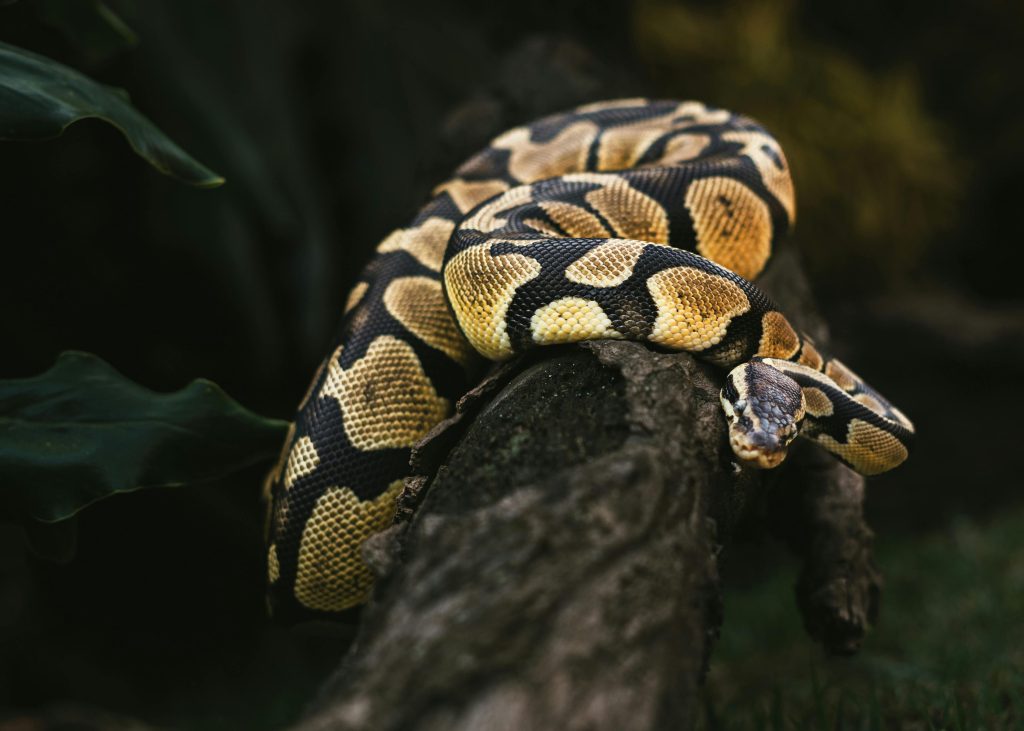
Why Choose a Ball Python?
Ball Pythons are often called the “gold standard” of pet snakes. Their gentle temperament, striking appearance, and relatively low-maintenance care make them a top choice for reptile enthusiasts. They’re also long-lived, with a lifespan of 20-30 years, making them a long-term companion for dedicated pet owners.
Handling and Temperament
Ball Pythons are renowned for their calm and docile nature. They’re one of the easiest snakes to handle, making them ideal for beginners and experienced keepers alike.
- Personality: Ball Pythons are naturally shy and prefer to curl into a ball when stressed (hence their name). However, with regular handling, they become comfortable and relaxed around their owners.
- Handling Tips:
- Always handle them gently and support their body to avoid stress.
- Avoid handling during shedding or immediately after feeding.
- Keep handling sessions short (10-15 minutes) to prevent overstimulation.
- Biting: Ball Pythons rarely bite, and when they do, it’s usually due to stress or mistaken identity (e.g., thinking your hand is food). Their bites are mild and non-venomous, causing little to no harm.
Their manageable size (3-5 feet as adults) makes them easy to handle alone, and their lack of sharp claws or scales ensures a scratch-free experience.
Care and Maintenance
While Ball Pythons are relatively low-maintenance, they do have specific care requirements that must be met to ensure their health and happiness.
Enclosure Setup
- Size: A 20-40 gallon enclosure is suitable for an adult Ball Python.
- Substrate: Use coconut fiber, cypress mulch, or paper towels. Avoid loose substrates like sand, which can cause impaction if ingested.
- Hiding Spots: Provide at least two hides (one on the warm side and one on the cool side) to help your snake feel secure.
- Clutter: Add branches, fake plants, and other decor to create a stimulating environment.
Humidity and Temperature
- Humidity: Maintain 50-60% humidity, increasing to 70% during shedding. Use a hygrometer to monitor levels and mist the enclosure as needed.
- Temperature:
- Ambient temperature: 78-80°F.
- Basking spot: 88-96°F.
- Use an under-tank heating pad or heat tape regulated by a thermostat to prevent overheating.
Feeding
- Diet: Ball Pythons primarily eat frozen-thawed rodents (mice or rats). Juveniles should be fed every 5-7 days, while adults can be fed every 7-10 days.
- Feeding Tips:
- Use tongs to offer food and avoid hand-feeding to prevent accidental bites.
- If your snake refuses food, ensure the enclosure conditions are optimal and try again in a few days.
Lighting
Ball Pythons are nocturnal and don’t require UVB lighting, but providing a natural day-night cycle with ambient lighting can benefit their overall well-being.
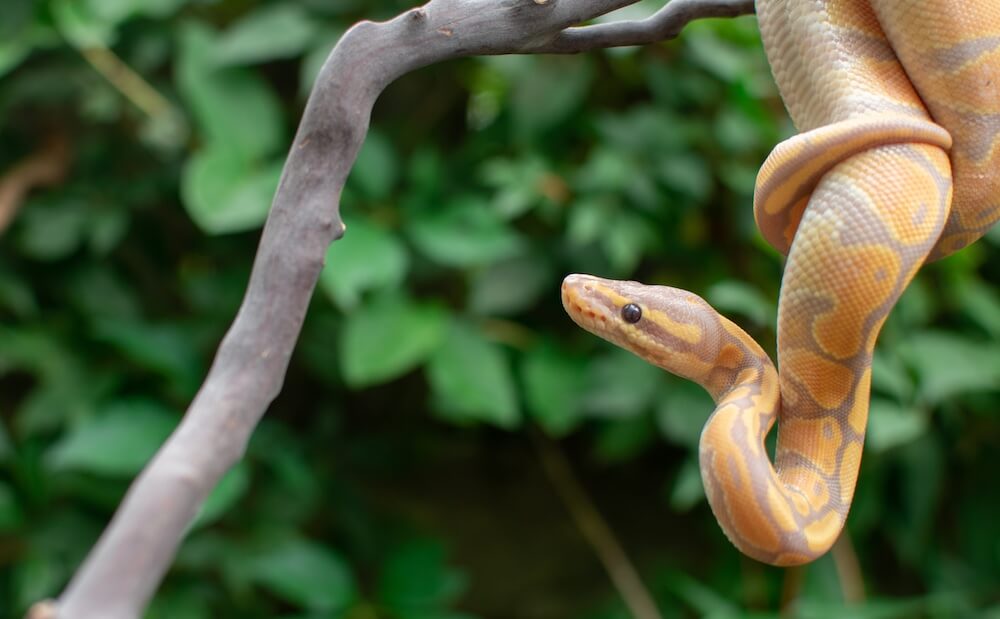
Health and Durability
Ball Pythons are hardy snakes, but they can be sensitive to environmental changes. Here’s what to watch for:
- Common Health Issues:
- Respiratory infections (caused by low humidity or poor ventilation).
- Incomplete sheds (due to low humidity).
- Mites or scale rot (caused by unclean enclosures).
- Preventative Care:
- Maintain proper humidity and temperature levels.
- Provide fresh water daily and clean the enclosure regularly.
- Handle your snake gently to avoid stress or injury.
With proper care, Ball Pythons can live 20-30 years, making them a long-term commitment.
Availability and Cost
Ball Pythons are widely available and come in a stunning variety of morphs, from classic patterns to rare and exotic colors.
- Where to Buy:
- Breeders: The best option for healthy, well-cared-for snakes.
- Reptile Expos: Great for meeting breeders and seeing a wide variety of morphs.
- Pet Stores: Less ideal, but some stores carry Ball Pythons.
- Cost:
- Snake Price: $50 to $200 for common morphs, with rare morphs costing thousands.
- Setup Cost: $200 to $500 for an enclosure, heating, and supplies.
Pros and Cons
Pros
- Docile and easy to handle.
- Low-maintenance compared to other reptiles.
- Stunning variety of colors and patterns.
- Long lifespan (20-30 years).
- Widely available and affordable.
Cons
- Can be picky eaters, especially during breeding season.
- Require specific humidity and temperature levels.
- Initial setup costs can be high.
- Long-term commitment due to their lifespan.
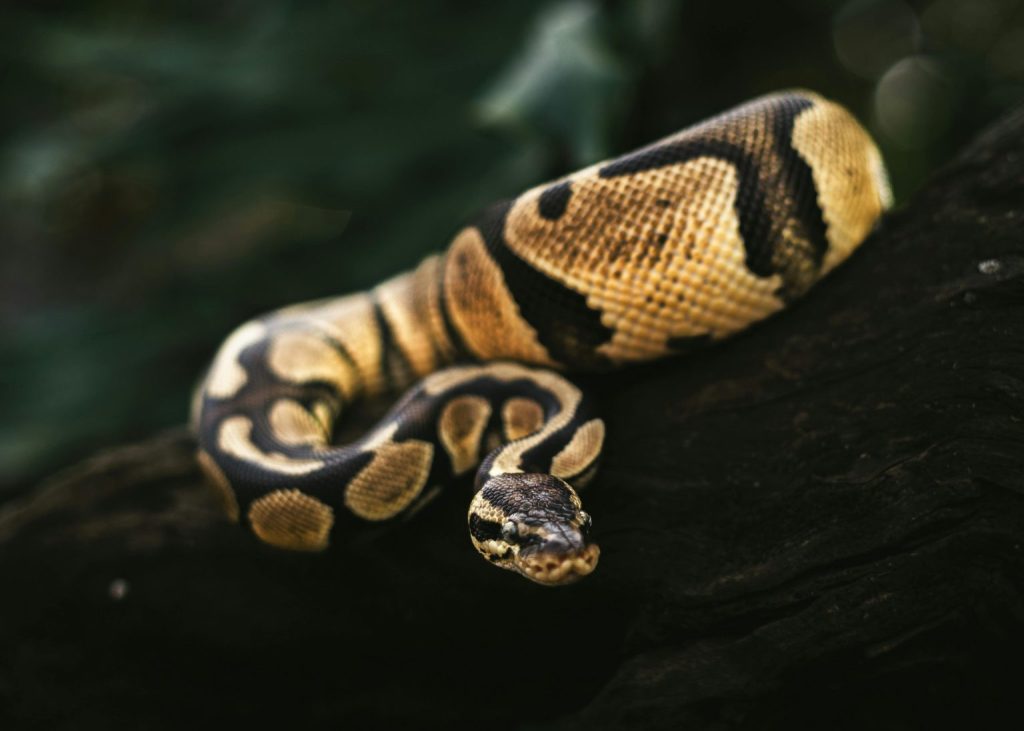
Final Thoughts
Ball Pythons are a fantastic choice for anyone looking to add a snake to their home. Their gentle temperament, manageable size, and stunning appearance make them a favorite among reptile enthusiasts. While they do have specific care requirements, the effort is well worth the reward of having these incredible creatures as part of your family.
If you’re considering a Ball Python, we recommend visiting a breeder or reptile expo to meet them in person. Their unique personalities and striking looks are sure to win you over.
Have you owned a Ball Python? Share your experiences and tips in the comments below! We’d love to hear how you care for your snake and what makes them special to you.
For more reptile care tips and reviews, stay tuned to our blog and don’t forget to subscribe to our newsletter! 🐍

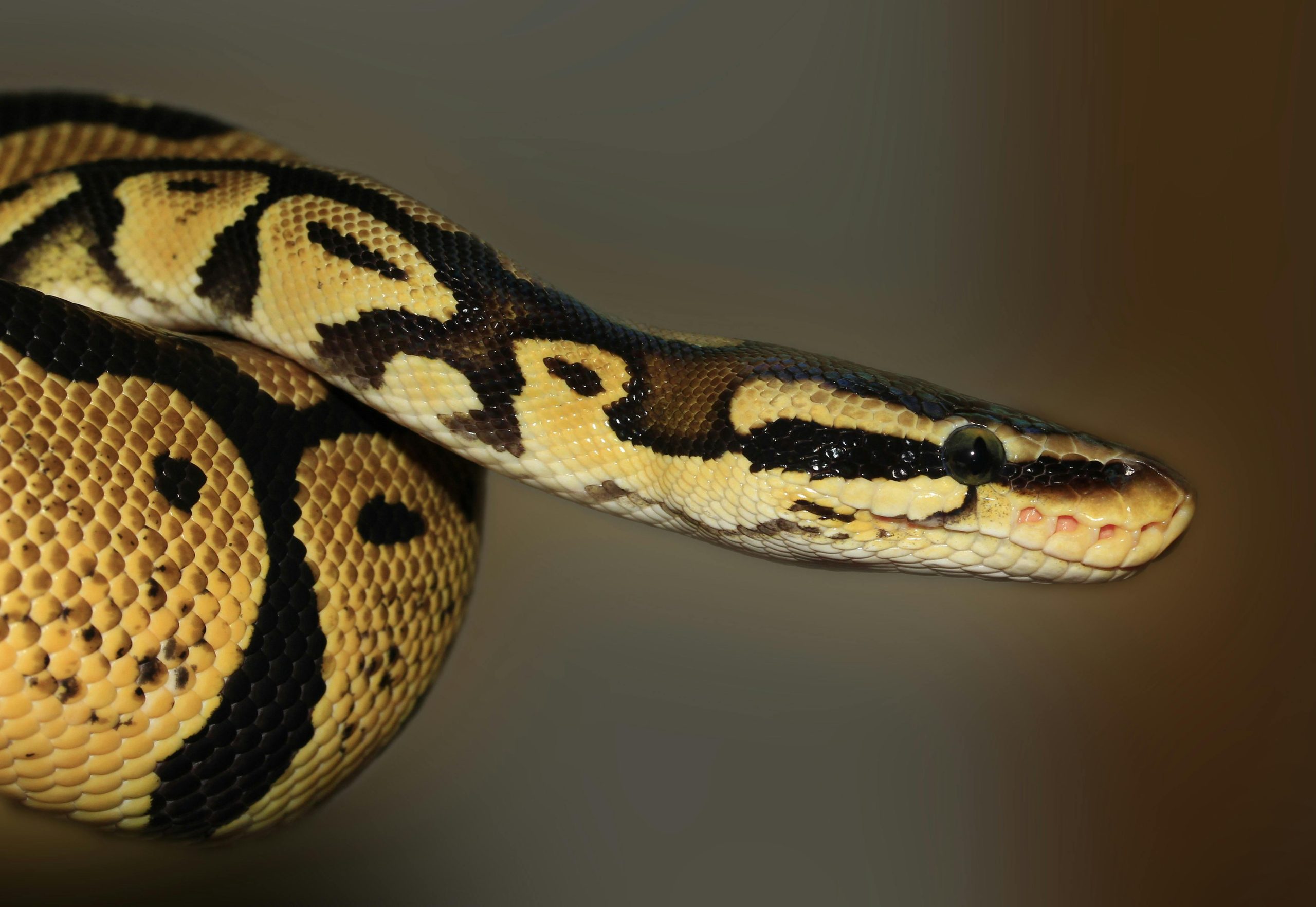

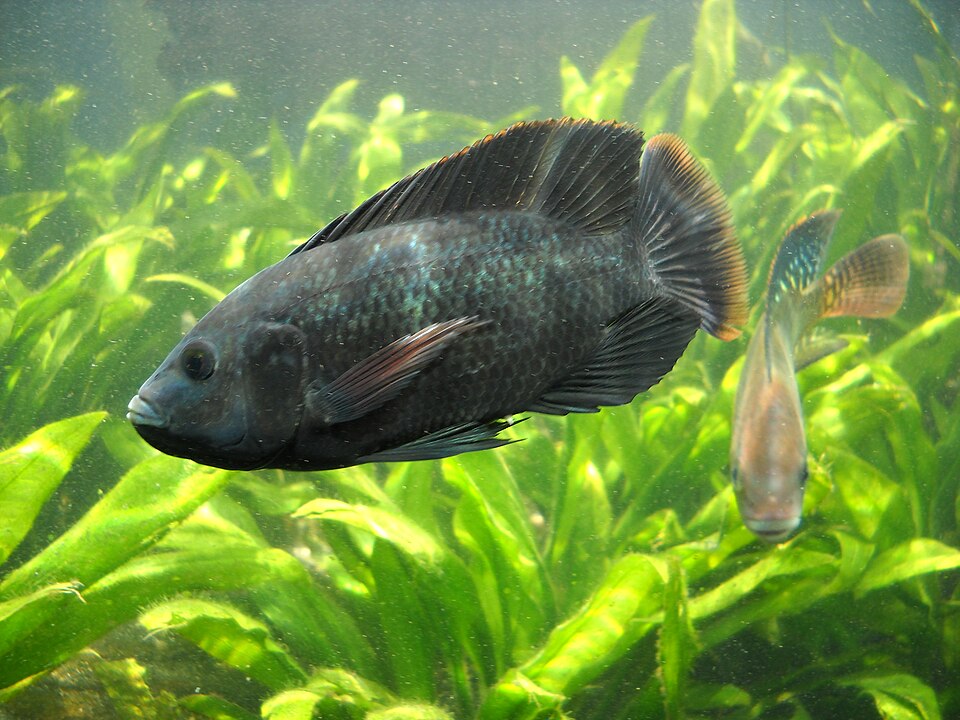
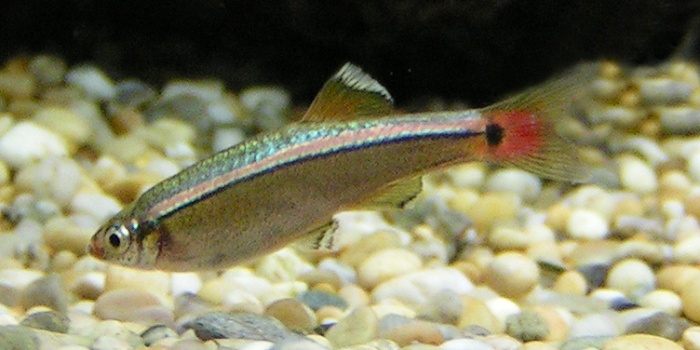
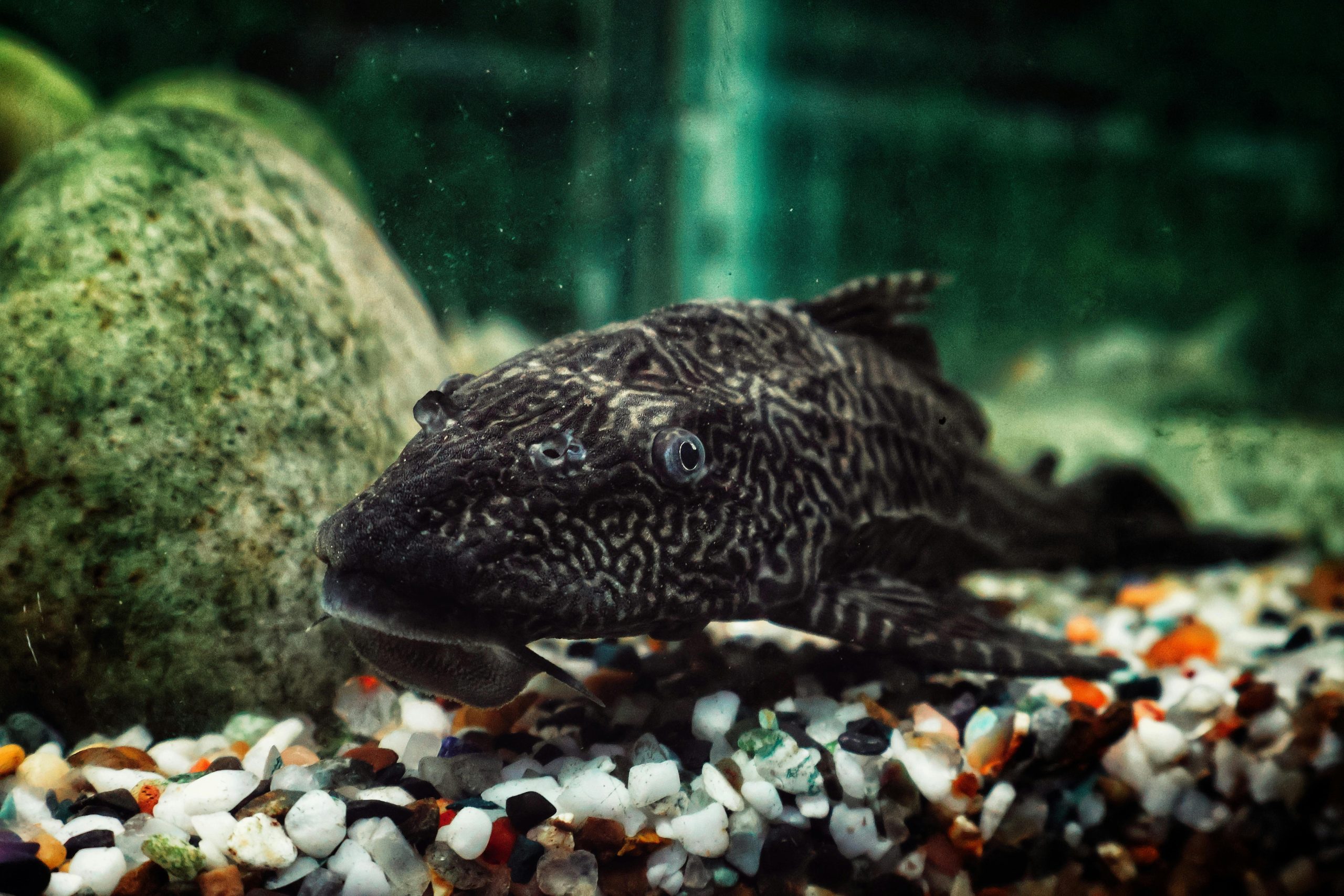
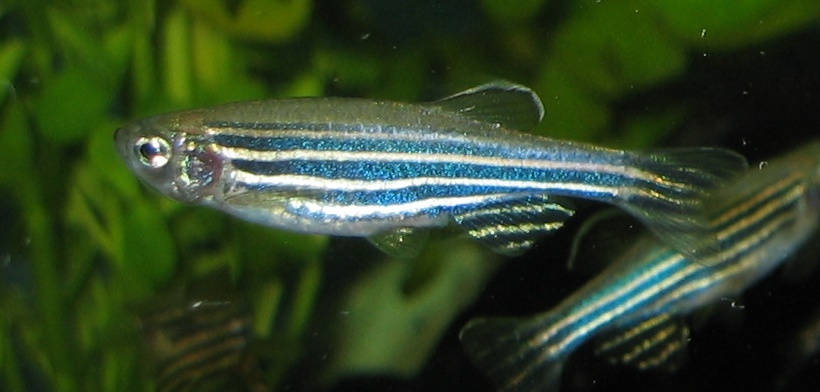
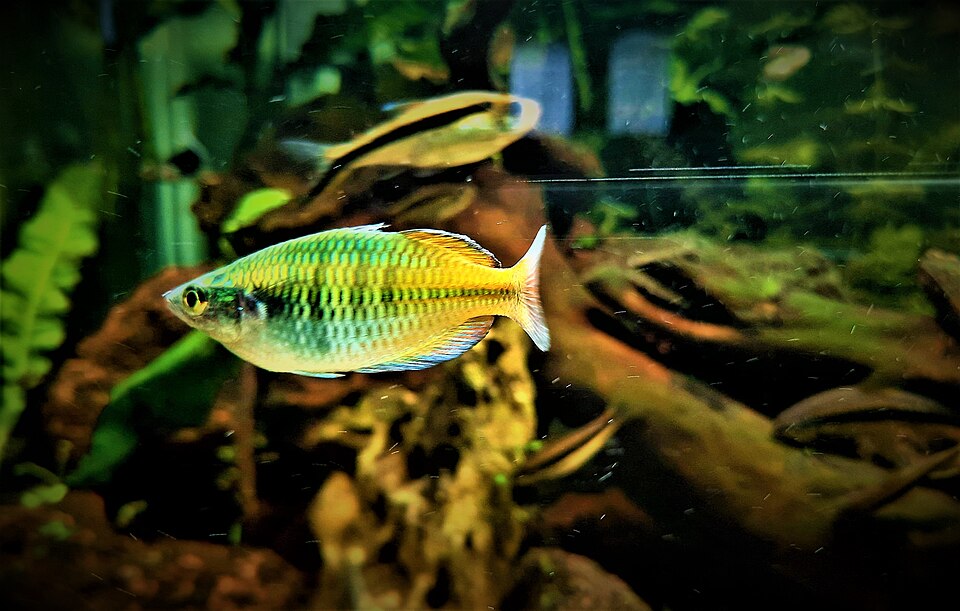
Leave a Reply